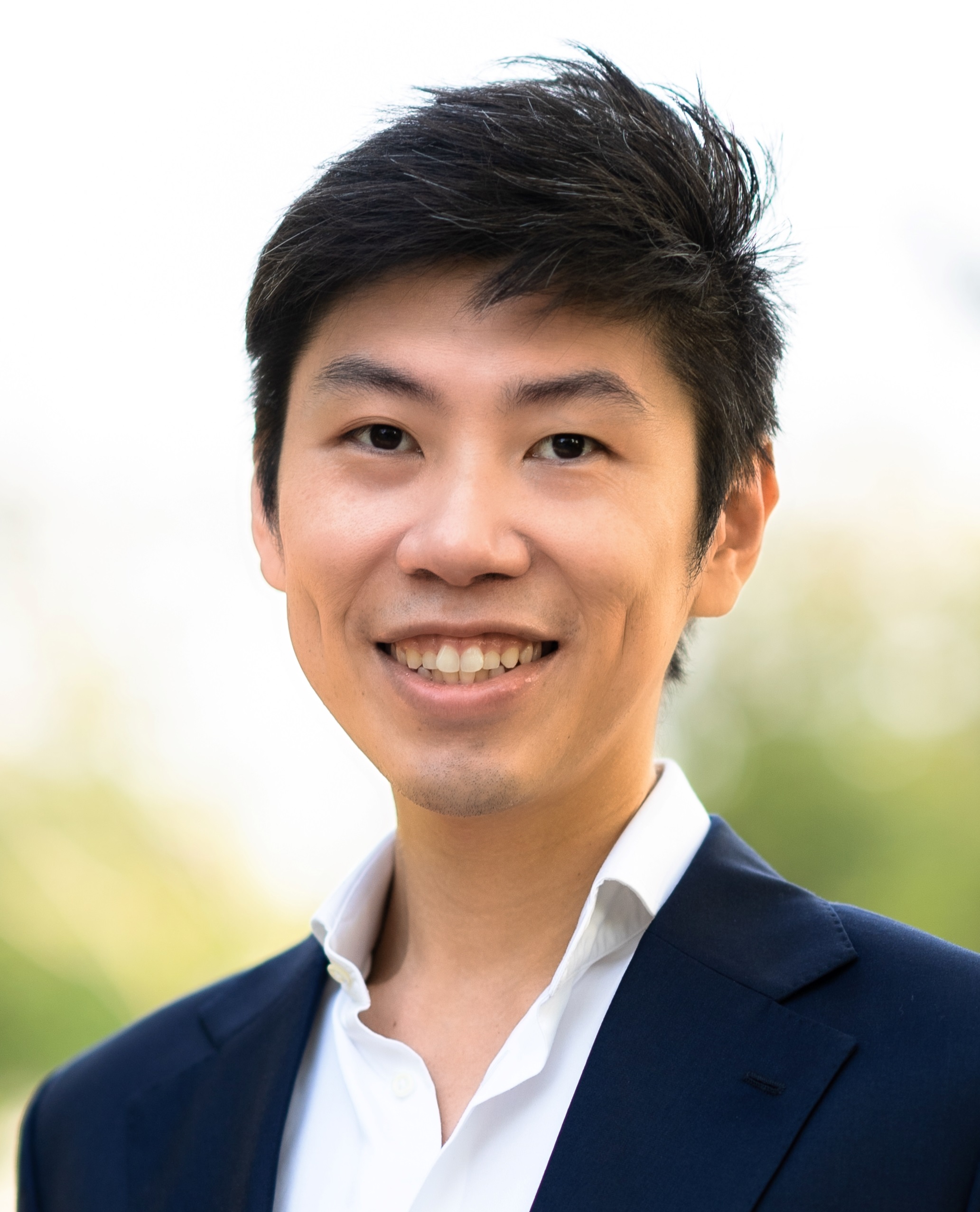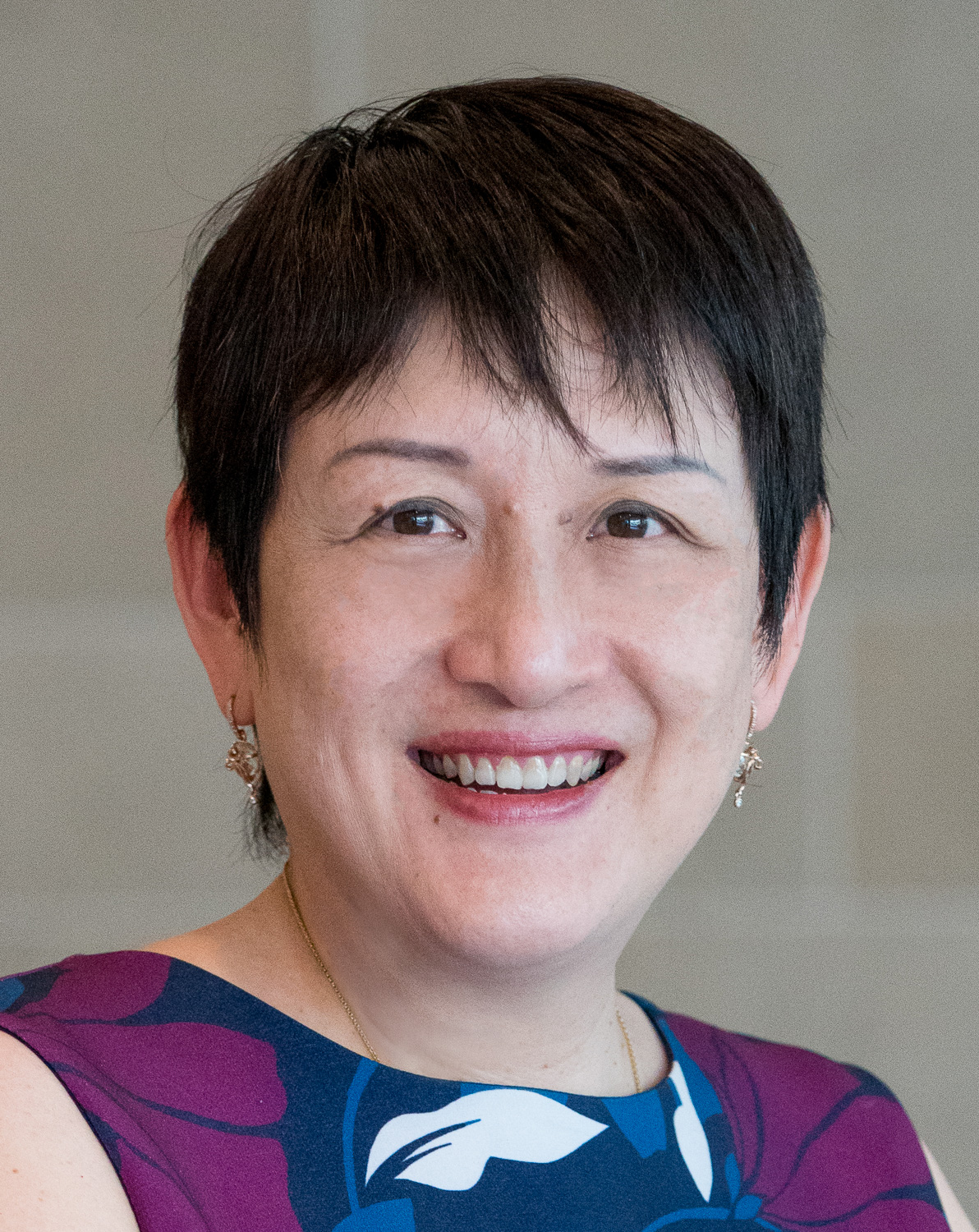Educational Speakers
Assistant Professor Vaibhav Rajan

Assistant Professor, Department of Information Systems and Analytics at the School of Computing, NUS
Vaibhav Rajan is an Assistant Professor in the Department of Information Systems and Analytics at the School of Computing, National University of Singapore (NUS). Earlier, he was a Senior Research Scientist at Xerox Research where he led the Clinical Decision Support Systems group for over four years. He has also worked as at Hewlett-Packard Labs and as Chief Data Scientist at Videoken, an education technology start-up. He received his PhD and master's degrees in computer science from the Swiss Federal Institute of Technology at Lausanne (EPFL), Switzerland in 2012 and 2008 respectively and his bachelor's degree in computer science from Birla Institute of Technology and Science (BITS), Pilani, India in 2004. His research interests include machine learning and its applications, primarily in Biomedical Informatics and Personalized Medicine. He is a recipient of the Young Researchers Award 2014 given by European Regional Section of the International Association for Statistical Computing.
Dr James Hallinan

Senior Consultant, Department of Diagnostic Imaging, NUH
Dr James Hallinan has been practicing in Singapore since 2008 and is a Senior Consultant at the Department of Diagnostic Imaging, National University Hospital, Singapore. He also serves under Diagnostic Imaging Services at Alexandra Hospital.
He obtained his medical degree (MBChB) from Bristol University, United Kingdom and underwent radiology training at the National University Hospital, Singapore. He is a Fellow of the Royal College of Radiologists, United Kingdom, and his subspeciality interests are in musculoskeletal and neuroradiology. He underwent subspecialist training in musculoskeletal MRI at UC San Diego under Professor Donald Resnick in 2018. Dr Hallinan had led the 'Spine AI' team for six years, looking at the use of artificial intelligence to aid clinical diagnosis in MRI and CT spine imaging. He has been awarded NMRC grants as principal investigator for imaging AI, including the NMRC new investigator grant (CS-IRG-NIG, 2021) titled "Deep learning pathway for the management of spine metastases" and the NMRC Clinician Innovator Award (2023) titled "Deep learning pipeline for augmented reporting of MRI whole spine." His team has a technology development agreement with Siemens Healthineers to commercialise an MRI lumbar spine reporting solution.
Dr Kumarakulasinghe Nesaretnam

Consultant, Department of Haematology Oncology, NUH
Dr. Nesaretnam is a medical oncologist who specializes in genitourinary and geriatric oncology. He has a keen interest in Health Informatics and Artificial Intelligence in healthcare. He is especially interested in the human factors at play in the validation, implementation, and adoption of artificial intelligence in healthcare.
Plenary Session
Dr Frank Lin

Senior Research Fellow, National Health and Medical Research Council (NHMRC) Clinical Trials Centre, University of Sydney
Dr. Frank Lin, MB ChB, PhD, FRACP, FAIDH, is an academic medical oncologist and clinical informatician based in Australia. His expertise lies in genomic precision oncology, research in practical decision-making, and diagnostic support applications in cancer care. He is a Senior Research Fellow at the SPHERE Cancer Academic Group, University of New South Wales, Sydney, and holds joint academic appointments at the Garvan Institute of Medical Research and National Health and Medical Research Council (NHMRC) Clinical Trial Centre, University of Sydney. He completed his specialist training in medical oncology in New Zealand and Australia. He is a Fellow of the Royal Australasian College of Physicians and the Institute of Digital Health.
Dr. Lin is a co-investigator of several biomarker-directed clinical trials in early drug development as part of a national precision oncology program in Australia. His current research focuses on empowering genomic decision-making, medical imaging analysis, digital learning health systems, and biomarker development through artificial intelligence and machine learning. He leads the development and maintenance of the TOPOGRAPH precision oncology knowledge base and has authored a decision support system for precision trial matching. He has contributed to the nationwide molecular tumour board as part of the Australian Genomic Cancer Medicine Program. He currently co-leads the precision oncology clinic and molecular multidisciplinary team at Prince of Wales Hospital, Sydney, through a Rapid Applied Research Translation initiative grant awarded by the Medical Research Future Fund. He is a co-investigator on several other grants. He serves on the editorial board as an associate editor of JCO Clinical Cancer Informatics (ASCO).
Hear-the-Journey Session
Dr Joshua Tay

Consultant, Department of Otolaryngology - Head & Neck Surgery, NUH
Dr Joshua Tay completed his undergraduate medical training at the National University of Singapore in 2007, achieving a distinction in the Undergraduate Research Opportunities Programme and winning the Outstanding Undergraduate Researcher Prize.
He underwent speciality training in Otolaryngology – Head & Neck Surgery in Singapore and was awarded the College of Surgeons Gold Medal for the best performing resident at the Otolaryngology Exit Examinations in 2015.
Dr Tay was awarded the Ministry of Health Healthcare Research Scholarship, during which he completed a PhD in Cancer Biology at the Stanford University School of Medicine focusing on molecular subtypes of nasopharyngeal cancer, under the guidance of Professors John B. Sunwoo and Robert B. West. Dr Tay's research involves classifying tumors based on their gene signatures and matching them with targeted therapies for personalized treatment. Together with A/Prof Thomas Loh, he leads a Head and Neck Cancer Genomics laboratory at NUS, with special expertise in microdissected gene expression profiling from paraffin specimens.
During the COVID-19 pandemic, Dr Tay led multi-center clinical diagnostic studies to validate 3D-printed and injection-molded nasopharyngeal swab prototypes for SARS-CoV-2 testing. He also works closely with biomedical engineers and researchers to improve the outcomes of diagnostic tests and cancer screening.
Dr Tay is currently a Consultant in the Department of Otolaryngology. In his clinical practice, Dr Tay sees patients with nasopharyngeal cancer as well as patients with general Ear, Nose and Throat conditions.
Associate Professor Su Xinyi

Executive Director, Institute of Molecular and Cell Biology (IMCB)
Research Director, Stem Cell and Therapies for Retinal Diseases Lab (IMCB)
Senior Consultant, Vitreo-retinal Surgeon, National University Hospital (NUH)
Co-Director, Centre of Innovation and Precision Eye Health (NUS)
A/Prof Su Xinyi graduated with MB BChir PhD from the University of Cambridge (UK). Currently, she balances her time leading the Institute of Molecular and Cell Biology (IMCB), A*STAR as Executive Director whilst providing clinical leadership as Senior Consultant Vitreo-Retinal Surgeon at the National University Hospital (NUH). Xinyi also holds joint appointments as Research Director at the Department of Ophthalmology, National University of Singapore (NUS), and Clinician-Scientist at the Singapore Eye Research Institute (SERI).
Xinyi's research focus on harnessing biomaterial, regenerative stem-cell, and nucleic acid technologies for the treatment of age-related retinal degenerative disease. Her work has been published in, inter alia, Nature Biomedical Engineering, Nature Communications, Lancet Global Health, PNAS, and Advanced Materials. With a career total of over SGD25 million in competitive research grants, Xinyi is also the recipient of multiple global and national awards, including the Asia-Pacific Academy of Ophthalmology's Young Ophthalmologist Award (2019), the Asia-Pacific Vitreo-Retinal Society Leadership Development Program Gold Award (2020), Ten Outstanding Young Persons of Singapore Award (for Medical Innovation, 2021), the Susan Lim Outstanding Stem Cell Young Investigator Award (2022) and National Medical Research Council Clinician Scientist Award (2022). In 2022, she was accepted into the prestigious international membership of The Macular Society.
Passionate about clinical translation of research, Xinyi holds several patents and co-founded an ISO 13485 (Medical Device Quality System) accredited spin-off company, Vitreogel Innovations, focussed on developing next-gen vitreous substitutes. Beyond research, Xinyi is committed to talent development and has mentored numerous clinician-scientists as the Deputy Director of the Clinician-Scientist Academy (NUHS).
Dr Matthew Chen

Consultant, Division of Geriatric Medicine, Department of Medicine, NUH
Dr Matthew Chen is a geriatrician with an interest in frailty and geriatric oncology. He was previously awarded the BJ Kennedy Prize in 2022 by the International Society of Geriatric Oncology for his research work in the field and is the Geriatric Medicine lead for the Geriatric Oncology (GOLDEN) service under the National University Cancer Institute, Singapore (NCIS).
Apart from his clinical and research work, Dr Chen is dedicated to both undergraduate and postgraduate medical education and is currently the Programme Director of the NUHS Geriatric Medicine Senior Residency Programme. He presently serves as the President of the Society for Geriatric Medicine (Singapore) and is a co-opted board member of the Chapter of Geriatricians under the College of Physicians, Academy of Medicine.
Adj A/Prof Noreen Chan

Senior Consultant, Division of Palliative Care, NCIS
Dr Noreen Chan obtained her medical training in Singapore, England and Australia, and after returning to Singapore, was part of the core group that set up advanced training in Palliative Medicine. She was Medical Director and CEO of Dover Park Hospice before joining the National University Hospital in 2008, where she is now Senior Consultant and Head of the Division of Palliative Care.
Her interests include pain and symptom management; the interface between Palliative care and Oncology; clinical decision making and ethical issues at the end of life; Spirituality in healthcare; and Palliative care education at all levels.
